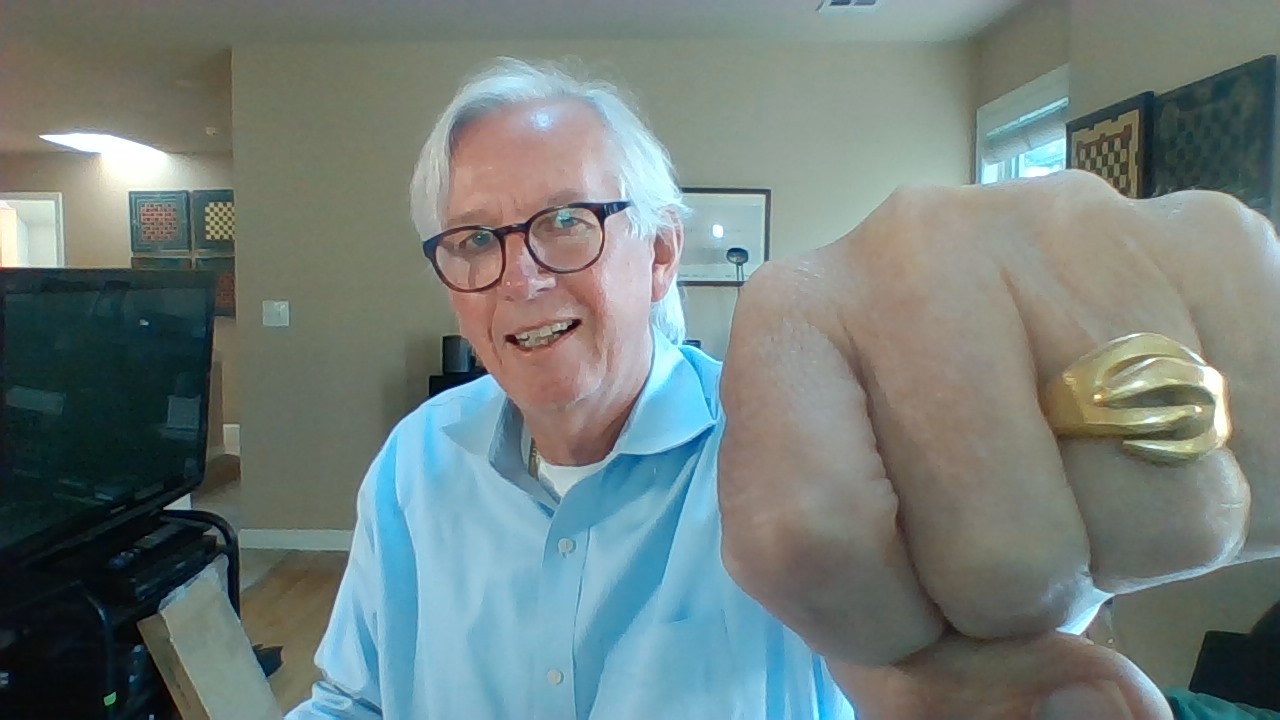I wrote, The Future Of Selling Isn’t What You Think It Is. Basically, it was a retort to those who think the future of selling is about the technology and tools we leverage. Whether it’s Zoom, social networking, CRM, messaging apps, AI/ML, or any of the 1000’s of technology solutions sales people leverage. Technology is part of our future, but it misses the core of what selling is really about.
Selling is about people, it’s about connecting with people in some way that is meaningful and impactful to each. But let’s extend the discussion beyond selling to work. For most “knowledge workers,” work isn’t something we do by ourselves with limited or no interaction with others. Part of the reward to why we work, is that we are connected to and engaged with others.
Our identity, as human beings, is tied up with interacting with others. We develop various forms of relationships, some fleeting, some very deep, but it’s these relationships that create meaning for each of us.
In a world where “distancing,” becomes a part of how we work and interact, how do we create meaning for ourselves, the people we work with, and the customers we engage?
The technologies enable us to see people, talk with each other, share ideas–but there is a gap, we are never completely connected.
How do we connect, or at least close the gap, when we aren’t physically present?
Within our organizations, we can do this better. We are at least aligned around a common vision, purpose, value system. We work in an organization that has a culture that becomes part of our identity.
The company culture and the strength of that becomes an important aligning and connecting mechanism within the company. The more strongly senior executives demonstrate they are “living” the culture, the more we buy in and feel connected and “part” of something.
Within our company, we know what are acceptable and unacceptable behaviors, we have some common processes or underlying “rules/expectations” about how we work and collaborate.
These may contribute to a certain level of trust and connection, simply because we work with for the same company.
But still, we are finding, within organizations, even those with very strong cultures, we are seeing a number of emerging practices that help people feel more connected. These include:
- Frequent “all hands” calls to keep people updated with what’s going on in the company.
- Increase frequency of one on one calls between managers and sales people–with very loose agendas, often no more than check ins. (To some degree these are surrogates for Starbucks line or hallway conversations.)
- “Casual Friday,” afternoon conversations with the team. No agenda, just an opportunity to connect, laugh, engage.
- Even virtual “fist bumps.” My friend, Mitch Little, and his team start and end every meeting with a virtual fist bump–just to feel they are connecting.
But how do we do this with customers and those that are not part of our company? How do we connect on a human to human basis? We may just have passing conversations with our customers, how do we connect to more effectively fill in the communications gaps.
- Establishing trust is core. Trust has little to do with what we say or how we appear, but it is the consistency of our behavior over time.
- Taking the time to get to know the people we are talking to and letting them to get to know us.
- Genuinely caring about them, how they feel and what they want to achieve.
- Establishing a consistent process for how we work together, perhaps just for this project. The process becomes the consistent surrogate linking our conversations and exchanges.
- Stop using backgrounds in our Zoom calls. People want to connect with us and to have us connect with them. Backgrounds prevent this. Think about your F2F calls, you could understand a lot about the person you were meeting by their offices. Messy, neat, filled with papers, pictures, momentos…… All of these give us clues about who these people are, likewise they give others clues about who we are. As a side note, recently I had a first call with a very senior executive. The call was OK-not stellar. But at the end of the call, I asked, “Do you mind if I ask you about that piece of art on the wall behind you, it’s stunning?” All of a sudden, you could see the exec relax and smile. We had run out of time, but he wanted to talk about the art. We spent a few minutes talking about the painting on his wall, I shared some of my favorites. All of a sudden, he wasn’t a prospect, I wasn’t selling him something. We found a bond that enabled us to put more meaning to our conversation.
In our world of increasingly “disconnected” communication, it’s critical that we fill the gaps between what we see and say. It shouldn’t be surprising, but it’s really about connecting, genuinely, as human beings.
What are you finding helpful to “connect” and “be connected?”

Dave one of your best posts of all time Keep making all of us think
Thanks Norman, it’s always such a privilege to see your comments on the blog. Hope you are doing well and staying safe.